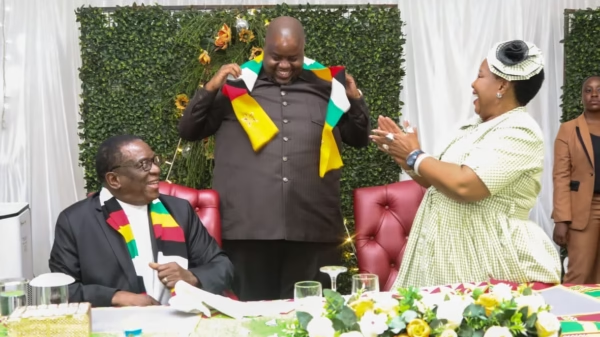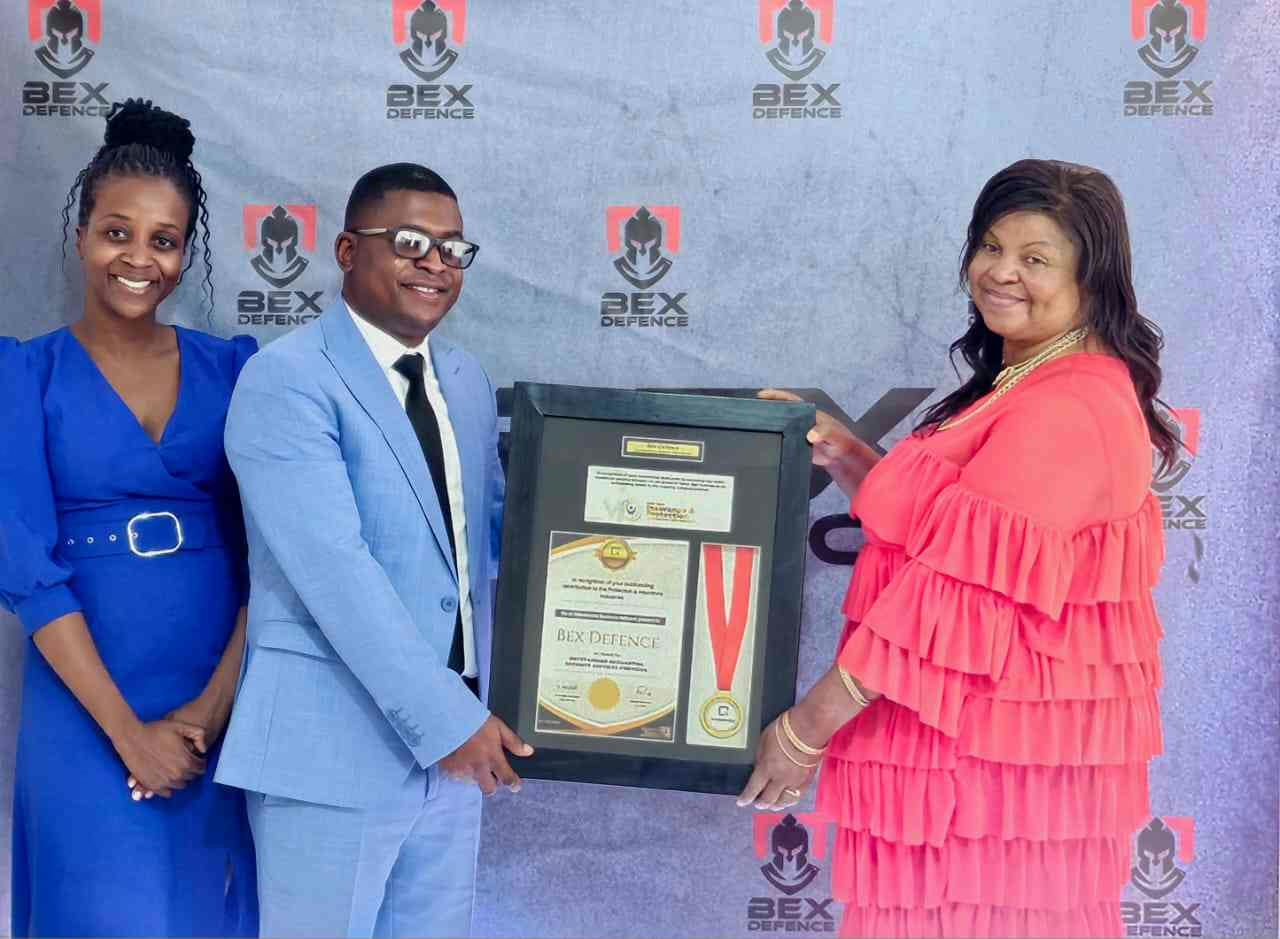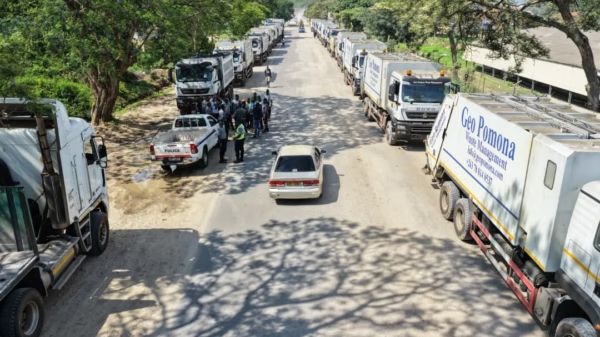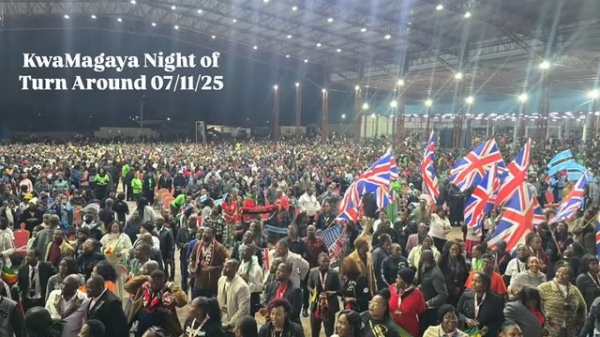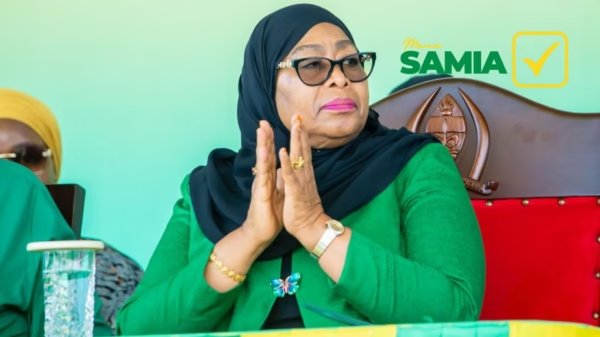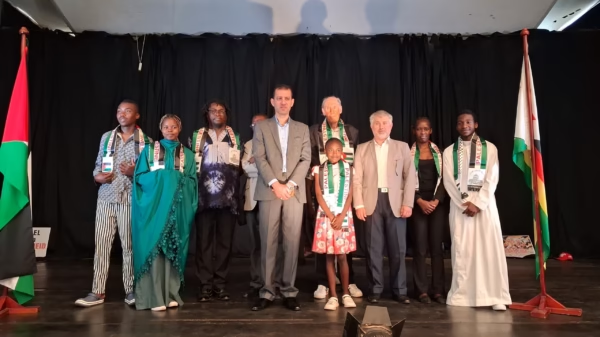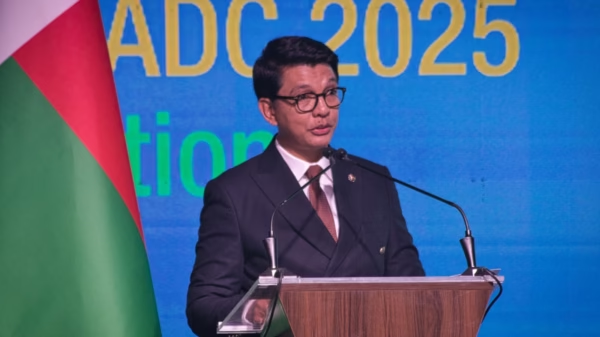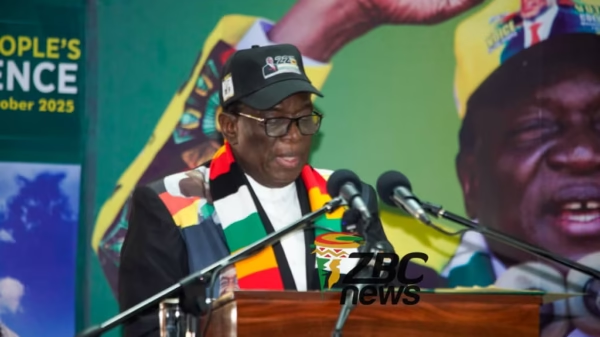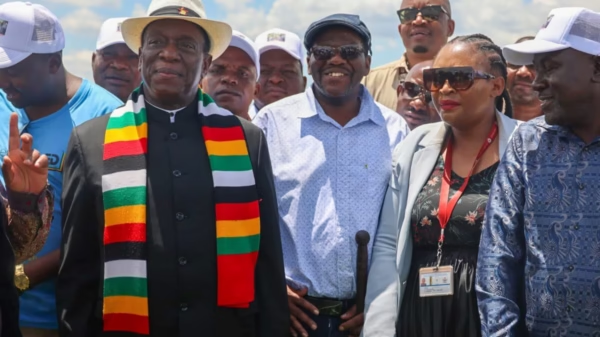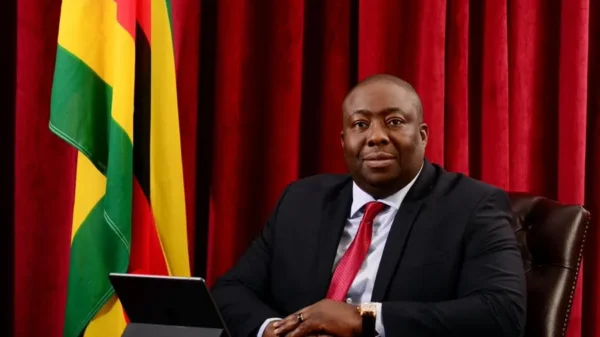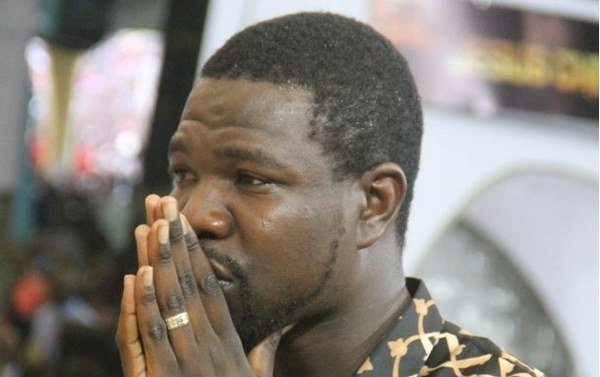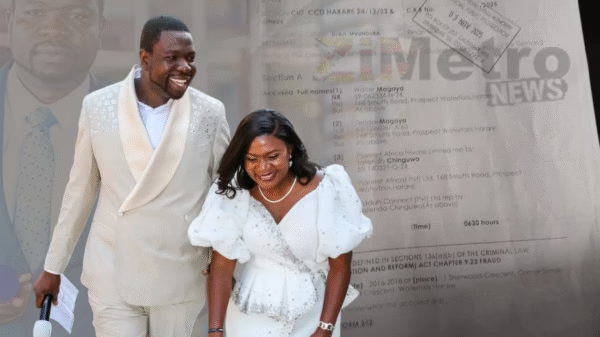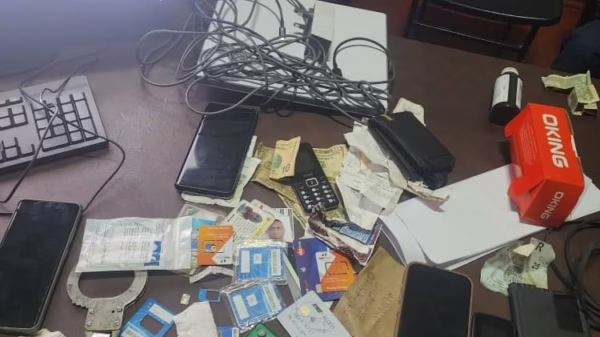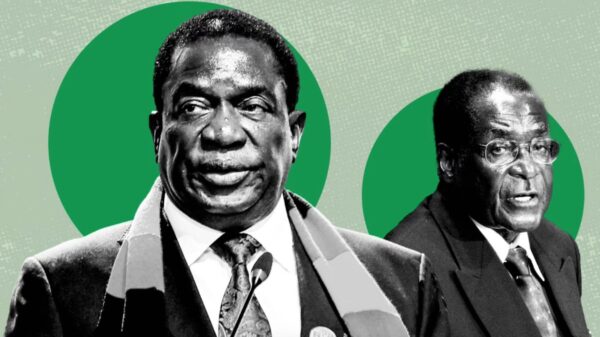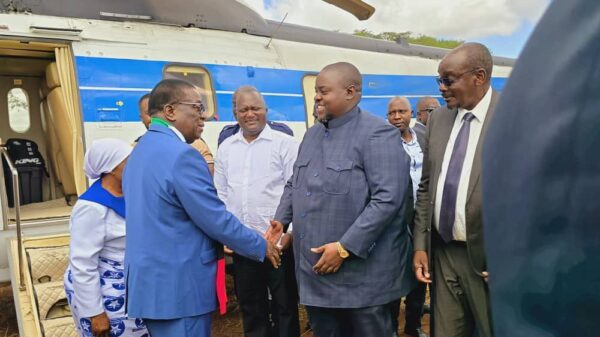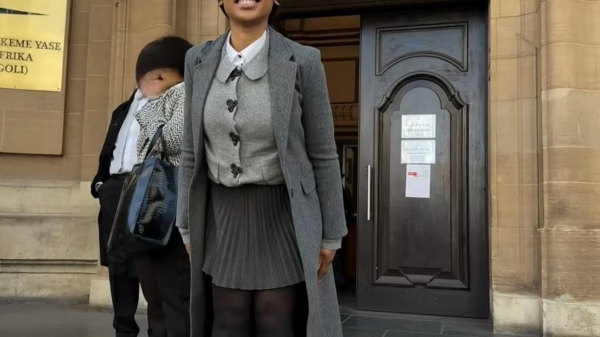Former Information Minister Professor Jonathan Moyo, who introduced legislation in 2001 requiring motorists to pay for car radio licences, has now called on the government to scrap the law, saying it is outdated in today’s digital age.
Writing on X (formerly Twitter) following the government’s move to strengthen fee collection, Moyo argued that the original rationale behind radio and television licence fees, based on ownership of specific devices like radios or TVs, no longer applies in an era of digital convergence.
Under the Broadcasting Services Amendment Act of 2025, motorists must now pay for a radio licence before they can renew vehicle licences with ZINARA or purchase vehicle insurance.
Moyo acknowledged that while the new enforcement method is a major improvement in efficiency, it has come “almost a quarter of a century too late.”
Zimbabwe is the only country in the world that still requires motorists to pay radio licence fees.
Responding to Information Secretary Ndavaningi Mangwana, Moyo said he still supports the public funding of national broadcasters, but believes it would be in the public and national interest to pause the implementation of the car radio licence. He said:
As good practice from around the world shows, the broadcasting licence fee remains necessary to support public broadcasting.
The beneficiaries of a broadcasting licence fee should always be public broadcasters; not private broadcasters, who, in fact, need to be obligated to contribute to public broadcasting as part of their licence conditions.
The challenge for a broadcasting licence fee nowadays is how to structure it, perhaps as a tax, taking into account the rapid and massive technological and social transformation taking place.
All told, and acknowledging its good policy intentions, it would be in both the public and national interest to pause the implementation of the car radio licence in order not only to rethink it; but to also review the very idea of a radio and television licence in a digital world; with a view to coming up with a more suitable and mordenised, user friendly, alternative model of a single and comprehensive broadcasting licence fee model
Mangwana said the government intends to implement the policy immediately, with funds collected going towards developing the broadcasting sector.
He added that the main beneficiaries will be ZBC and Transmedia, the national signal carrier. He said:
1. ZBC has a public service obligation and that a fact and this is one way of funding them. This is standard practice
2. Indeed there is need to look at the fees to be charged and the Minister is ceased with the matter and currently working on that.
3. capacitation of Transmedia will mean that all broadcasters will indirectly benefit from the funds as the tarrifs charged by Transmedia will be reduced and hence improving the ease of doing business in the sector.
4. Transmedia will also be capacitated in such a way that they will be able to deploy transmission infrastructure to unserved and underserved areas and hence benefiting broadcasters as well as Zimbabwean citizens to access broadcasting services.
5. For signal distribution to all the sites accross the country for both TV and Radio, satellite technology is being used and therefore there is need to pay for capacity reserved for the nation to service providers. The funds collected will be used to pay for this service thereby removing the high cost of operation on the broadcasters.
6. In future we might consider scrapping the home receiver license and the licensing regime will be revised from time to time depending on technological changes.
Other institutional fundings, like toll fees and the Universal Service fund (supported by players through POTRAZ), can justify the current model.

For comments, Feedback and Opinions do get in touch with our editor on WhatsApp: +44 7949 297606.


